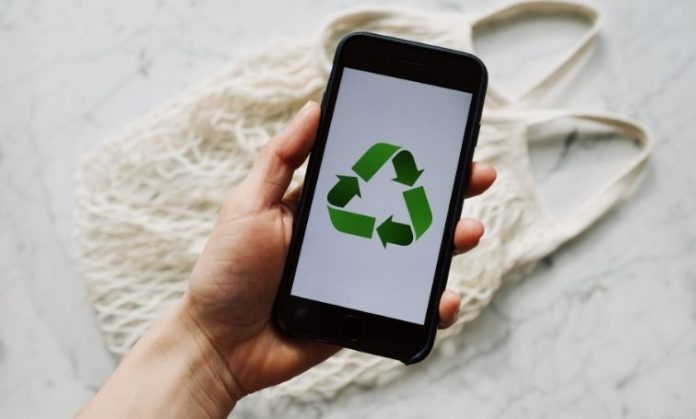Enormous amounts of waste to the tune of millions of tons are generated every day, both at a domestic as well as commercial level. Furthermore, the volumes of commercial waste are much greater than domestic volumes. Common commercial waste includes cardboard, paper, plastic, glass, various metals, tyre and rubber, hazardous materials, among other forms. Whatever be the form, all waste has a negative impact on the environment.
Recycling is one way to reduce the environmental impact of the waste your business generates. Below is more information on how to do your bit and recycle some of the most common commercial waste materials such as cardboard, paper, plastic, and e-waste.
Cardboard and Paper
Cardboard and paper is easily recycled at recycling plants. These facilities conduct the necessary pre-processing before the paper and cardboard materials are taken to paper mills. At the mill, the cardboard is mixed with water to convert it into pulp material, then impurities are removed before being processed into fresh cardboard sheets. These sheets can then be used to fabricate new cardboard boxes, cartons, and packaging material.
For businesses, storing cardboard waste can take up a lot of room before they’re taken to the recycling centre. Using a cardboard baler machine will save you a lot of space as it lets you compress the cardboard into much smaller volumes. These machines take up little space and are easy to use.
Plastic
Plastic disposal and recycling processes can be confusing because there are many different types of plastic available today, and each needs to be treated differently when it comes to recycling. HDPE, PVC, and PET are among the most common types of plastic used by businesses.
Consulting a collection and recycling agent can be helpful here – they will provide recycling bins and collect your waste regularly. Many types of plastic can be melted down and converted into dense plastic objects like chairs and tables.
Electronic Waste
Another type of material discarded in large quantities by businesses is old and damaged electronics. These can be recycled, but this needs to be done with care. E-waste can include computers and computer accessories like mouses, keyboards, hard disks and other storage devices.
You’ll need to find an e-waste recycling centre to accept your electronic waste. Make sure you deal with trusted partners because responsible recycling agents will ensure to wipe your devices before recycling and keep your data secure.
The Advantages of Recycling
As a business, you have a responsibility to the environment and the wider community, and this includes how you deal with your waste. Failing to dispose of your rubbish responsibly could damage the natural environment, put people’s health at risk, or both. You could even attract hefty fines and penalties, not to mention damage your company’s reputation.
Recycling, on the other hand, offers your business many advantages.
You’ll Avoid Landfill Tax
Proper recycling procedures can save you a lot of money in the long run. Sending your rubbish to landfull can make you liable to pay landfill tax under UK law. And if your business generates large quantities of waste, these costs can be significant.
You’ll do your Bit for the Environment
Waste is a huge problem for the environment. As businesses and individuals generate ever increasing volumes of non-biodegradable waste, it literally piles up in landfill, as well as polluting our waterways. Governments, in turn, need to find more space for landfill, which means destroying natural environments which can put flora and fauna species at risk. Recycling and reusing items and materials can make a huge difference to reducing the amount of waste we send to landfill.
It will Raise your CSR Profile
A culture of recycling in your company can raise your business’ better CSR (Corporate Social Responsibility) profile, boosting your reputation, especially among eco-conscious customers. Recycling your waste shows that your company takes its environmental responsibilities seriously.
Saves Resources
When we produce new materials, this uses an incredible amount of water, electricity, energy and other resources. Recycling helps to conserve these resources as it re-introduces materials and resources back into the system rather than just throwing them away.
Saves Trees
Manufacturing many materials such as cardboard and paper requires cutting down a lot of trees, which leads to high levels of deforestation. Recycling these materials can save trees, which will, in turn helps to reduce global warming as well as preserving the natural environment.
Key Takeaways
While materials like cardboard and paper are highly recyclable, many other types waste are not so easy to recycle or reuse. However, even if they’re not easy to recycle, it is possible to recycle things like plastic and e-waste. Recycling whatever you can is key to preserving the environment and the earth’s resources.
Many advantages of recycling are at the macro level, which will undoubtedly have a positive impact on everyone in society. However, if you need to be convinced by more immediate benefits, recycling will also boost your business’ reputation and can save you significantly on costs such as landfill tax.































